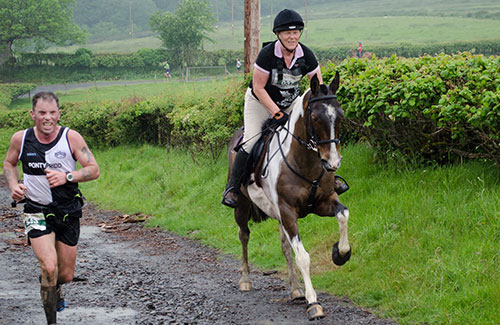Peta Horse Racing: The Ethical Frontier in Thoroughbred Equestrian Sports
Guide or Summary:Unveiling the Ethical QuandaryAddressing Training and Racing ConditionsPost-Race Care and RetirementAdvancing the Dialogue on Peta Horse Ra……
Guide or Summary:
- Unveiling the Ethical Quandary
- Addressing Training and Racing Conditions
- Post-Race Care and Retirement
- Advancing the Dialogue on Peta Horse Racing
In the realm of horse racing, the term "Peta Horse Racing" emerges as a beacon of ethical discourse, shining a light on the treatment of equine athletes in the world of thoroughbred equestrian sports. This compelling and contentious field of study delves into the intersection of sport, animal welfare, and the principles espoused by People for the Ethical Treatment of Animals (PETA). As a leading voice in animal rights advocacy, PETA's influence extends to the horse racing industry, urging stakeholders to reevaluate their practices and commit to humane treatment of horses.
Unveiling the Ethical Quandary
At the heart of Peta horse racing lies the ethical quandary of whether the pursuit of speed, glory, and prize money justifies the potential suffering and exploitation of horses. This dual examination of the sport's ethics and the welfare of its equine participants is paramount in driving meaningful change. The discourse around Peta horse racing necessitates a critical examination of training methods, racing conditions, and post-race care, ensuring that the welfare of the horses remains paramount.

Addressing Training and Racing Conditions
One of the primary concerns highlighted by PETA is the rigorous training regimens that thoroughbred horses endure. These regimens often include strenuous workouts, intense physical conditioning, and the administration of performance-enhancing drugs. Peta horse racing advocates argue that such practices contribute to the physical and psychological distress of horses, raising questions about the morality of pushing these animals to their limits for the sake of sport.
Moreover, the racing conditions themselves are scrutinized under the lens of Peta horse racing. The high-speed nature of thoroughbred racing, coupled with the inherent risks of injury and fatality, presents a stark ethical dilemma. PETA advocates call for the implementation of stricter safety measures, equitable race lengths, and a comprehensive understanding of the risks involved in horse racing, ensuring that the welfare of the animals is not compromised in the pursuit of competition.

Post-Race Care and Retirement
The ethical considerations extend beyond race day, encompassing the post-race care and retirement of horses. Peta horse racing emphasizes the importance of providing thoroughbred horses with adequate medical care, rehabilitation, and retirement options. The advocacy group pushes for policies that ensure horses receive proper veterinary attention and are afforded the opportunity to live out their lives in a humane and comfortable environment.
Advancing the Dialogue on Peta Horse Racing
The discourse around Peta horse racing is not without its challenges. It requires a delicate balance between preserving the tradition and integrity of horse racing while addressing the ethical concerns raised by animal rights advocates. However, the progress made in this area is undeniable. The introduction of regulations aimed at improving horse welfare, the development of alternative training methods, and the growing awareness of the ethical implications of horse racing are all testament to the positive strides being made.

In conclusion, Peta horse racing stands as a testament to the ongoing dialogue around the ethical treatment of animals in the world of sports. It challenges stakeholders in the horse racing industry to reevaluate their practices and commit to the welfare of their equine athletes. As this discourse continues to evolve, the hope remains that the principles espoused by PETA will guide the industry towards a more compassionate and ethical approach to thoroughbred equestrian sports.